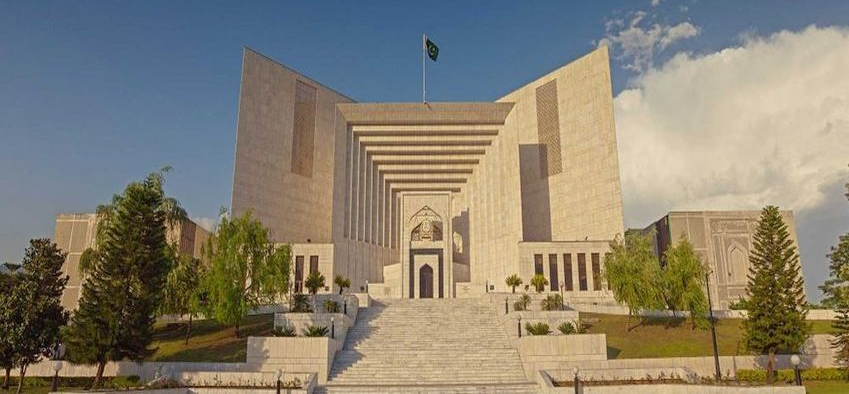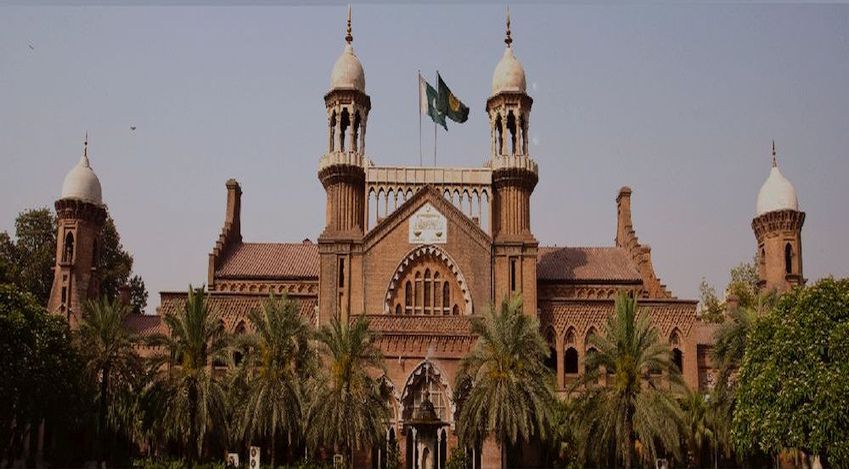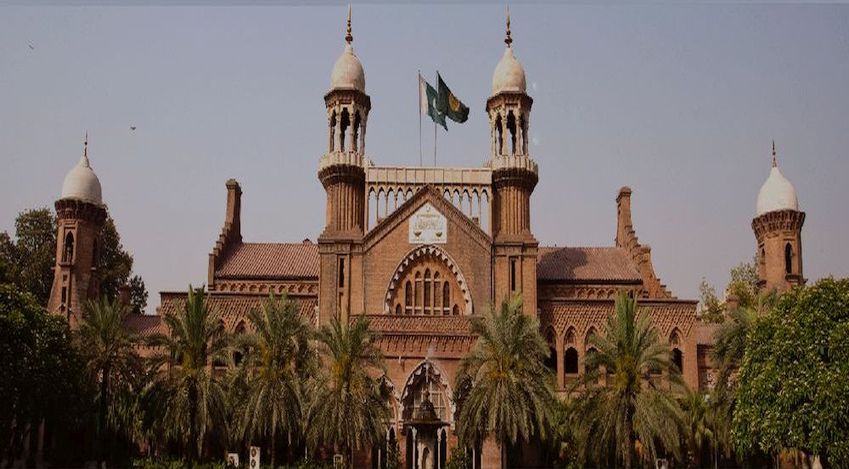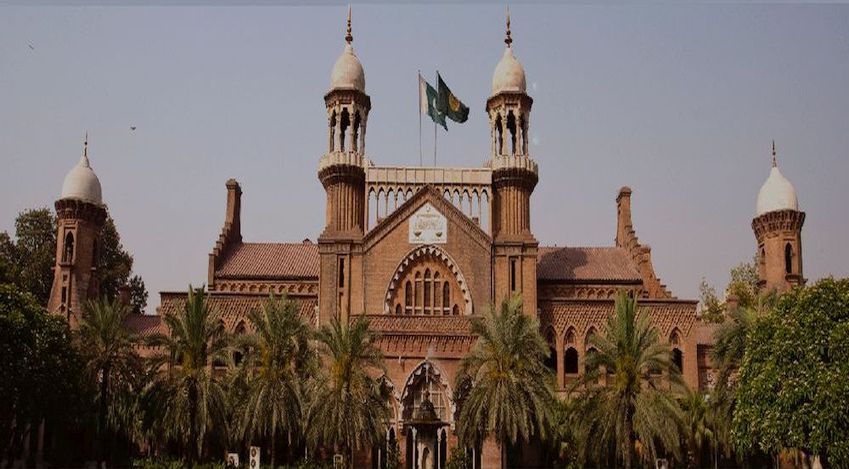The Legislation enacted by Parliament must be presumed valid unless clearly proven to violate the Constitution --- Supreme Court of Pakistan
Islamabad 09-09-2024: In a landmark decision, the Supreme Court of Pakistan, led by Mr. Chief Justice Qazi Faez Isa, overturned the earlier ruling that had declared amendments to the National Accountability Ordinance, 1999 unconstitutional. The judgment, delivered by a five-member bench, emphasized procedural irregularities in the initial ruling, specifically the failure to comply with the requirements of the Supreme Court of Pakistan (Practice and Procedure) Act, 2023.
The original judgment, passed by a three-member bench, had struck down several key provisions of the National Accountability Bureau (NAB) amendments, citing violations of fundamental rights, including the right to security, dignity, and equality. However, the Supreme Court of Pakistan, in its latest ruling, determined that the earlier judgment was coram non judice (illegally constituted) due to the failure to have the case heard by a five-member bench, as mandated by law.
The petition was filed by former Prime Minister Imran Khan, who challenged the amendments made to the National Accountability Ordinance. These amendments included raising the pecuniary threshold for NAB cases and modifying the scope of accountability for public officials. The amendments were introduced by the National Assembly through various acts, including the National Accountability Bureau (Amendment) Act, 2022, and the National Accountability Bureau (Second Amendment) Act, 2022.
The original judgment had declared certain sections of the amendments, such as the increase in the pecuniary threshold to Rs. 500 million and immunity for elected officials, as unconstitutional. The ruling had restored cases previously dismissed under these amendments and directed NAB to continue with the inquiries.
The Act mandates that cases involving constitutional interpretation must be heard by at least five judges. The earlier ruling, which was delivered by a three-member bench, was deemed procedurally flawed and thus invalid.
The Court reaffirmed the principle that legislation enacted by Parliament must be presumed valid unless clearly proven to violate the Constitution. The judiciary, it was stated, must refrain from overriding Parliament unless necessary.
The bench emphasized that Courts should make every effort to uphold legislation unless there is clear evidence of constitutional violations. The ruling underscored the importance of respecting Parliament’s legislative authority and the separation of powers between the judiciary and the legislature.
The majority judgment, authored by Mr. Chief Justice Qazi Faez Isa, set aside the original ruling and dismissed the petition. The judgment highlighted the failure of the earlier bench to adhere to the procedural requirements of the law, noting that the case should have been heard by a properly constituted five-member bench. It further emphasized that there was no clear nexus between the challenged amendments and any violation of fundamental rights, such as those enshrined in Articles 9, 14, and 25 of the Constitution.
Mr. Justice Syed Mansoor Ali Shah, who had earlier dissented in the original ruling, reiterated that the amendments did not contravene the Constitution and that Parliament retains the authority to legislate and amend laws.
As a consequence of the judgment, all cases, inquiries, and investigations that were previously dismissed or affected by the amendments are now restored. The Court directed NAB and the accountability Courts to resume proceedings in accordance with the law. This development is expected to have a significant impact on ongoing and future cases related to corruption and accountability in Pakistan.
The Supreme Court’s decision is a major development in the ongoing debate over the scope of accountability laws in Pakistan. By overturning the earlier ruling, the Court has reaffirmed the importance of following procedural requirements in cases involving constitutional interpretation. The judgment also serves as a reminder of the balance that must be maintained between judicial oversight and respect for legislative authority.
The ruling is expected to have far-reaching implications for the functioning of NAB and the accountability process in Pakistan, especially in cases involving high-ranking public officials.
Powered by Froala Editor








